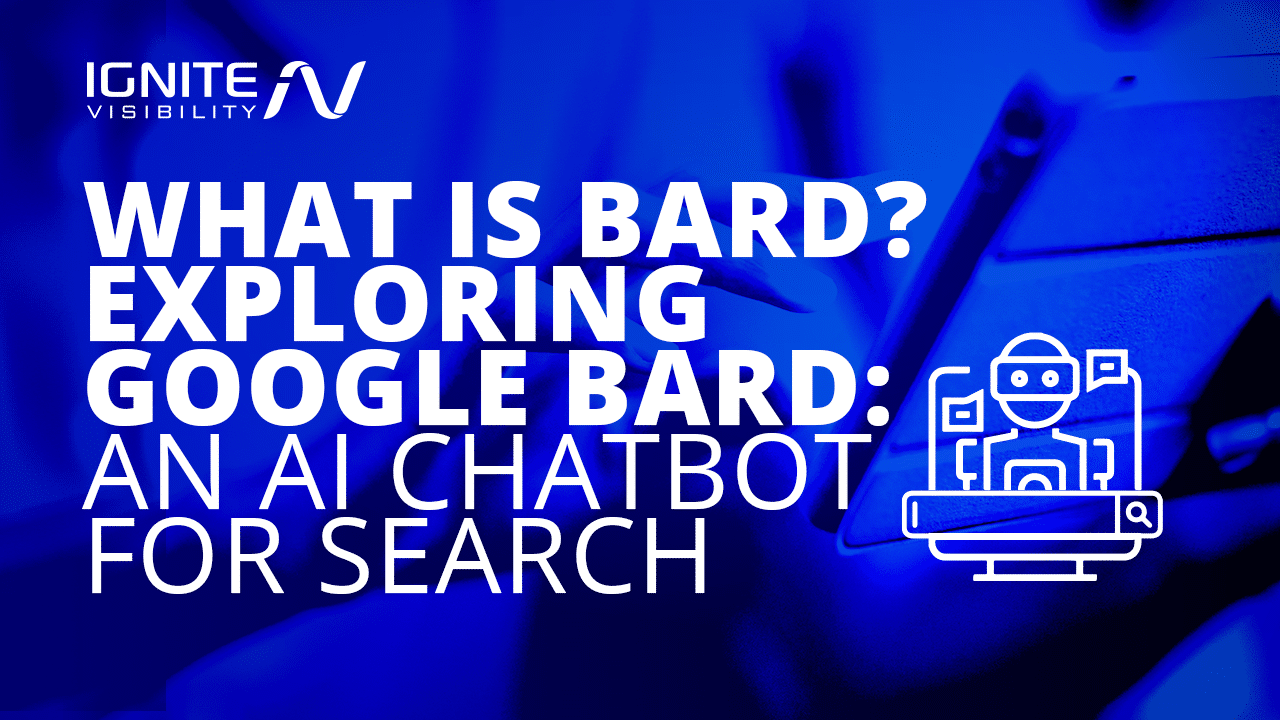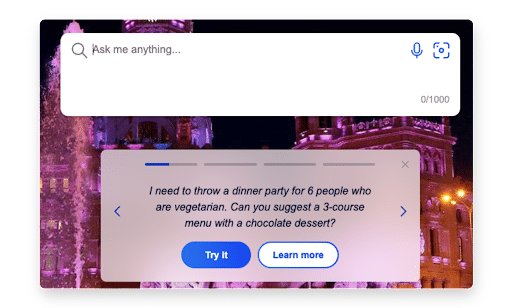
Google has developed an AI chatbot called Google Bard. Its goal is to serve as an augmentation to the Google Search engine.
While it’s like ChatGPT, there are some critical distinctions between the two applications. This article will delve into these differences and discuss when Google Bard might become more widely available.
What is Google Bard?
Google Bard is a chatbot AI system developed by Google to boost Search rather than replace it. Jack Krawczyk, the product lead for Bard, emphatically emphasized that “Bard is not Search.”
Elizabeth Reid, the vice president of engineering for search, agreed, saying, “Bard is really separate from Search.” She urged users to remember that Google is no stranger to large language models (LLMs), citing BERT and MUM as examples.
Don’t get it twisted, though—it’s not exactly like ChatGPT. ChatGPT is more of a sandbox, while Bard is about answering search questions as efficiently as possible.
Basically, Bard aims to answer your questions quickly and helps you with basic stuff like meal suggestions. Right now, it’s in the beta-testing phase, and only a select group of Google employees are trying it out.
LaMDA
Google Bard runs on the LaMDA (Language Model for Dialogue Applications) system developed by Google. It taps into the vast amount of information on the web to give you fresh and high-quality responses.
LaMDA’s natural language processing makes it brilliant. It breaks down the words and phrases you used to give you meaningful answers. Unlike ChatGPT, which relies solely on a training dataset, LaMDA uses actual data to generate more accurate results.
What Makes Google Bard Different from ChatGPT?
One of the fundamental differences between Bard and ChatGPT is that, while the latter is programmed to run on data fed to it, Bard draws on information from the web to provide fresh, high-quality responses.
Bard can also generate human-sounding text while still keeping accuracy with its responses. This helps prevent users from receiving inaccurate results, which wasn’t always the case with ChatGPT.
However, employees at Google were not so pleased with the initial Bard announcement, referring to it as “rushed,” “botched,” and “un-Googley.” In other words, the overall strategy for Bard was not properly thought-out, and Google is generally known for its Apple-esque attention to detail.
So Why the Rush?
The rushed nature surrounding Google Bard stems from the fact that the AI was rushed out in response to Bing’s deployment of a suped-up ChatGPT into its search engine.

Google’s AI Tool
Google wanted to ensure it wasn’t getting left behind, so it opted to rush out its AI tool. Tragically, this resulted in the premiere date being pushed up and subsequent haphazard performance in its debut.
Ethical Controversy
Bard’s debut didn’t go as planned. It caused quite a stir when Google’s AI chatbot delivered inaccurate responses in its initial promotional video.
The ad claimed that the James Webb Space Telescope captured the first images of planets beyond our solar system.
However, the European Southern Observatory’s Very Large Telescope achieved this feat. The mistake led to chaos online and culminated in Alphabet Inc.’s market value dropping by $100 billion (ouch!).
Twitter users didn’t waste any time pointing out the error either, which only added fuel to the fire. And while the ad was pulled shortly after, the damage had already been done.
It was a tough lesson for the tech giant and will affect user trust in their AI tools for the foreseeable future.
When Will Bard Be Available?
Currently, the official launch date for Bard is still up in the air. Google’s blog post announcing the chatbot only mentioned that it would be rolled out “at a later date” without any specific timeframe.
Google has no plans to drag its feet, though. Its long-marginalized competition smells blood in the water, and Google is all-hands-on-deck to defend its dominant position.
How Will Bard Integrate Into Search?
The plan is for Bard to serve as an augmentation to the Google Search engine, eventually. It’s meant to be an assistant to help you find and refine information faster.
It’s unclear from the announcement whether Bard will integrate into the current Search system or will be a standalone app. But if we have to guess, it’ll look like Bing’s AI integration.
Integration into the Google Ecosystem
Bard could be integrated into other Google services and apps, like Google Calendar for event coordination or even Google Docs for information retrieval during writing. With endless possibilities, the ball is in Google’s court to determine the future direction of its AI technology.
Take it Away, Bard!
Despite its rough start, Google Bard’s rapid launch proves the tech giant’s determination to integrate AI tools into its search engine fast.
While it’s not uncommon for a few snags to occur during the early stages of a major undertaking, it’s evident that Google is dedicated to refining its ambitious goals. Once released, Bard could prove invaluable to people seeking to maximize their search results.
We’ll learn more about Google’s plans in the upcoming weeks as we explore the possibilities of the new kid on the block. Until then, let’s keep our fingers crossed for a smooth and successful launch.